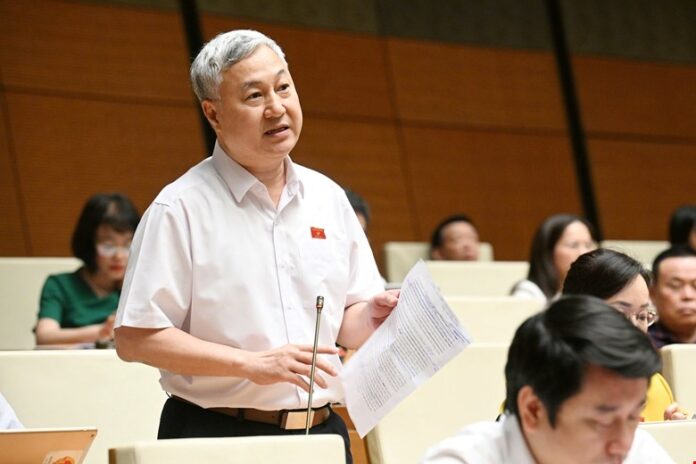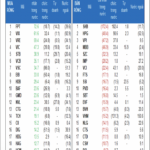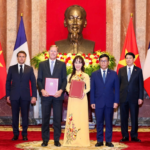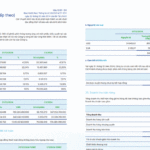On May 26th, the National Assembly continued its 9th session with a discussion on the amended Law on State Budget.
“We waste money on small projects, but struggle to fund larger initiatives”
Regarding the utilization of surplus revenue and savings, Deputy Tran Van Lam (from Bac Giang delegation) agreed on the necessity to adjust regulations pertaining to this matter. However, he pointed out that the current regulations have some impractical aspects.
For instance, the priority given to reducing budget deficits and increasing debt repayment means that any surplus must first be used for these purposes. As a result, there is rarely any remaining surplus to allocate to the next priority.
Mr. Lam argued that if this continues, there will never be any surplus left for other priorities, as the budget deficit and debt are already substantial compared to annual revenue increases.
“This Law amendment should establish a clear order of priorities, especially in terms of consistent compliance from the central to local levels, and enhanced financial discipline,” said Mr. Lam.
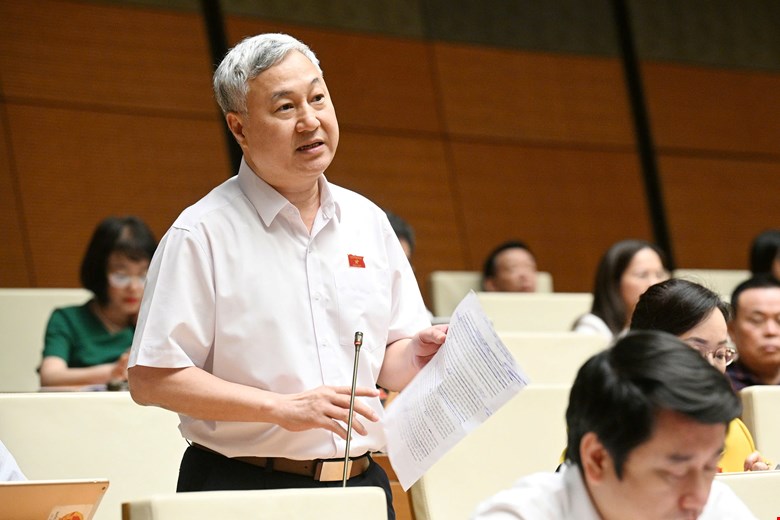
Deputy Tran Van Lam (Bac Giang delegation)
According to Mr. Lam, during this period, priority should be given to investments that support economic growth, but first and foremost, resources should be allocated to ongoing projects with the capacity to absorb capital.
“If new projects are to be considered, they must already be included in the medium-term investment plan and meet the criteria for early implementation,” Mr. Lam said. He also suggested that any unexpected issues could be addressed using the contingency fund as per existing regulations.
Additionally, he pointed out that in the past, both central and local governments have allocated funds to projects not included in the medium-term investment plan, which were not truly urgent and lacked thorough consideration, leading to difficulties in implementation.
“We have money that we can’t spend, it sits in the vault, and we have to roll it over from year to year, increasing the total rollover and idle funds in the state budget. Meanwhile, we still have to pay interest on our budget debt, resulting in significant waste,” Mr. Lam added.
Mr. Lam emphasized that when there is surplus revenue, it is often wasted on small-scale projects, while larger and more impactful initiatives struggle for funding. Therefore, he advocated for stricter regulations to ensure the efficient utilization of state budget resources, including surplus revenue and savings.
Proposal to raise the debt ceiling for localities to a maximum of 120%
Regarding the debt limit for local budgets, the draft Law stipulates that the debt limit for localities that do not receive balance supplements should not exceed 120%.
Commenting on this issue, Deputy Tran Van Lam expressed his concern that raising the debt ceiling for localities could lead to a dispersion of national resources into small-scale projects across various regions, leaving limited borrowing capacity for larger and more critical projects. Therefore, he suggested reconsidering this matter carefully.
Deputy Pham Van Hoa (from the Dong Thap delegation) shared a similar view, stressing the importance of closely monitoring the ability of localities to repay their debts. He warned that if localities default on their loans, the central budget would have to step in, leading to an increase in public debt.
Deputy Hoa recommended stringent oversight of borrowing for development investments, ensuring that the fields and sectors receiving loans are approved by authorized agencies.
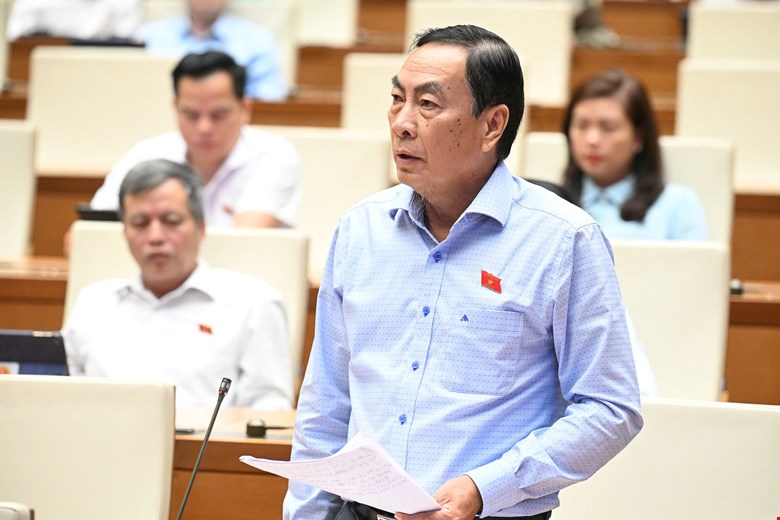
Deputy Pham Van Hoa (Dong Thap delegation)
On the other hand, Deputy Tran Hoang Ngan (from Ho Chi Minh City) supported the idea of adjusting the debt limit for local budgets to meet the investment demands of the current situation. He attributed this to the recent merger of 63 provinces into 34 localities, which has created a need for investment in intra-city and regional connectivity.
However, Mr. Ngan acknowledged that this could lead to an increase in public debt. Therefore, he suggested further consideration for Hanoi and Ho Chi Minh City, which have many large-scale projects. He proposed raising the debt ceiling for these two localities to 150-200%.
How Do Investor Groups Trade During Unexpected Volatile Sessions?
The market experienced a highly volatile session, with an intensity that didn’t quite match the previous session on April 22nd. The opening index plummeted by almost 20 points, but this downward trend quickly reversed, and the index gradually climbed upwards. Fueled by investors’ expectations regarding trade negotiation outcomes, the index closed with an 18.05-point gain, surging towards the 1,332.51 price level.
Vietjet Orders 20 Wide-body Aircraft from Airbus
Vietjet has bolstered its wide-body aircraft fleet with a new order for A330neo planes, bringing the total number of these state-of-the-art jets to 40. This significant investment in the A330neo showcases the airline’s commitment to offering passengers a superior flying experience. In addition to these wide-body aircraft, Vietjet also has 96 A320neo narrow-body jets on order, demonstrating their confidence in the Airbus family of aircraft to meet their operational needs.
The Real Estate Titan: Unveiling the Mastermind Behind Billion-Dollar Projects Across Vietnam
In recent times, Sun Group has been at the forefront of proposing large-scale investments, primarily in the form of urban developments. These projects span the length and breadth of the country, with a particular focus on the gateway provinces of Hanoi and Ho Chi Minh City, as well as regional economic centers. Here is a detailed breakdown of their endeavors:
A Leading Chinese Conglomerate Acquires 64.81% of Imexpharm’s Chartered Capital for Over VND 5,000 Billion.
International Marketing and Promotions Corporation (IMP) acknowledges receipt of the above information and assures that it will continue to monitor the transaction closely. The company is committed to maintaining transparency and will provide timely disclosures to the State Securities Commission, the Ho Chi Minh City Stock Exchange, and investors as per the regulations.

